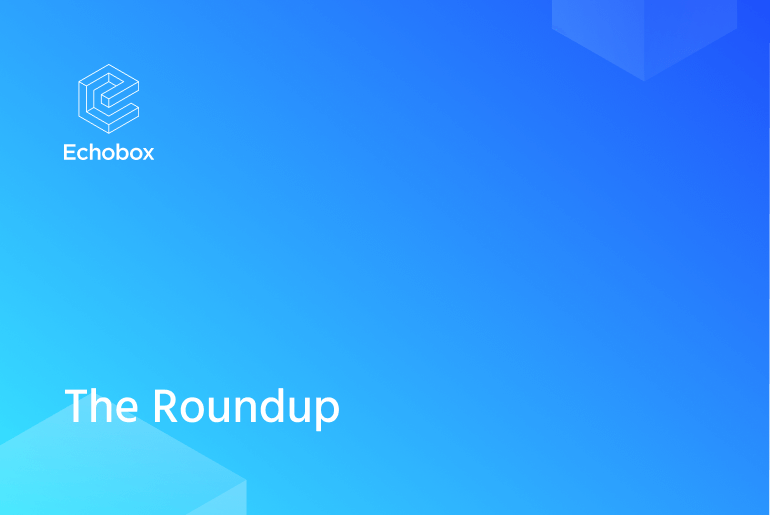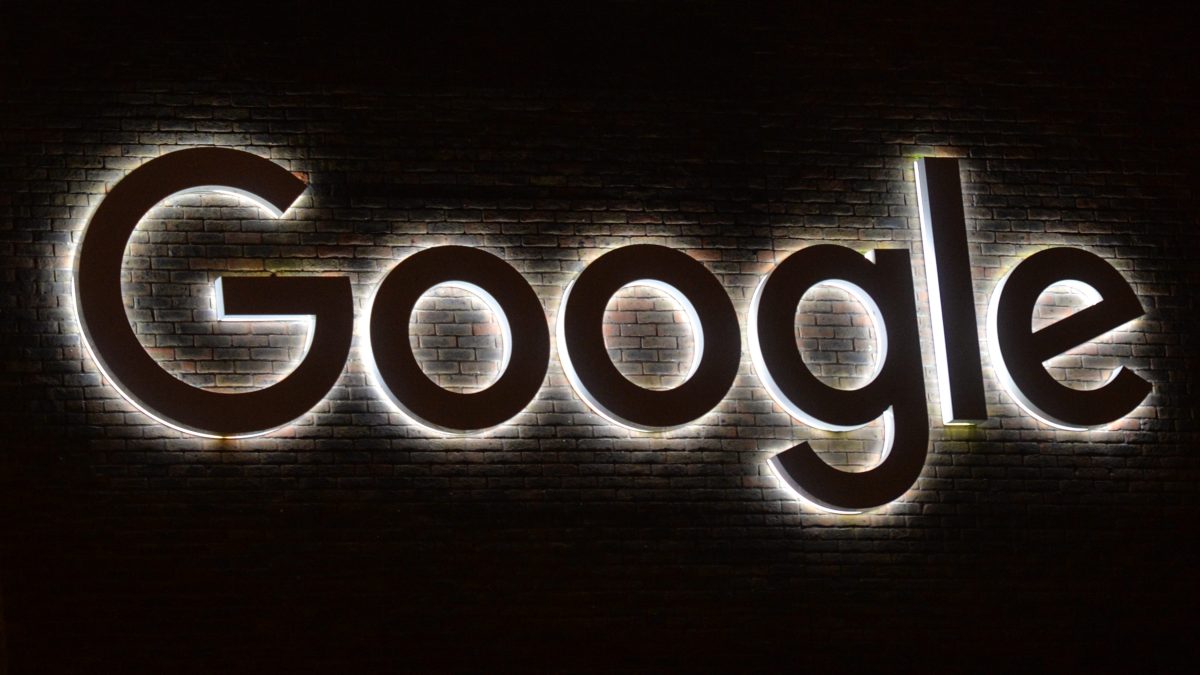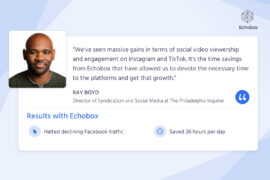In this week’s Roundup: Investors think Twitter is now worth about half of what Elon paid, Meta’s Threads app is where brands go to hang out and Meta, Google and OpenAI promise to be good.
News
According to The Guardian’s Dan Milmo, one of the investors corralled into putting up some cash for Elon Musk’s purchase of Twitter has written down their stake in the company by 47%. For the non-economists (I had to Google it), this means that the investor, ARK Investment Management, now values its stake in Twitter at around half of what it was originally worth.
Musk himself recently announced that ad revenues on the platform, its principal revenue source, were down 50%. Unsurprisingly, then, Twitter still finds itself spending more than it’s taking in.
In brighter news for Twitter, Meta’s new Threads app, which enjoyed such a strong start to life, has seen its active daily users number halve in a week.

Research from Ofcom in the UK has shown that TikTok is the most used news source for children aged between 12 and 15. Although, as The Independent’s Jordan Reynolds points out, the platform’s perceived trustworthiness amongst teenagers was still very low.
The majority of those surveyed placed far greater trust in legacy news institutions such as the BBC.
For those aged 16-24, Instagram was by far the most popular news source, used by 44% of respondents.
Analysis
One of the problems facing Threads is that it’s achieved big user numbers before an organic culture has had time to emerge. The result, reports Amanda Hoover at Wired, is that the early dominant voices on the platform are brands. “Threads launched with many brands and influencers at the ready. That’s given Threads a strange vibe,” she writes.
So far, everything about Threads is still very experimental, with lots of functionalities still missing. But as Hoover writes, “for now, brands and influencers are basking in early success. If their voices continue to be the loudest, they may also help define what Threads becomes.”
Two different platforms, two different problems with moderation. If you’ve been reading the Roundup you’ll be aware of the farce playing out at Reddit, where moderators, whose free labor the platform depends upon have taken many popular threads dark.
But Bluesky, Jack Dorsey’s latest venture has also been experiencing their own issues. Some usernames on the still-invite-only platform were found to contain racist language. Wired’s Katherine Alejandra Cross writes that moderation in the so-called decentralized “fediverse” poses its own issues. “The ultimate goal seems to be minimal central moderation of even the most obvious exploits of a platform.”
How workable this is, we shall see.
AI
Good news from Makena Kelly at The Verge: Meta, Google and OpenAI have promised not to kill us all with their AI.
The responsible development of AI is one of the most pressing issues of our time. It’s good, then, to see these tech companies taking it so seriously. In theory at least, the companies have agreed to fund research into discrimination, invest in cyber security and introduce watermarks for material produced by AI.
Of course, we shouldn’t get too carried away. In reality, this represents little more than a pinky promise, with absolutely no consequences if the companies renege.
Fresh from announcing that it would pull news links from Google Search in Canada, Google wants you to know that it really does care about news. That’s why, as per Aisha Malik at TechCrunch, it has approached a number of major publications to offer an AI tool that can automate the writing of news articles.
Google is quick to stress that this tech in no way obviates the need for journalists. “Quite simply these tools are not intended to, and cannot, replace the essential role journalists have in reporting, creating, and fact-checking their articles,” said an unknown Google spokesperson.
Previous experiments in automating the writing of articles haven’t always gone well. In the case of CNET, half of the articles written by its AI later needed to be corrected.




/cdn.vox-cdn.com/uploads/chorus_asset/file/24800119/1255249338.jpg)



